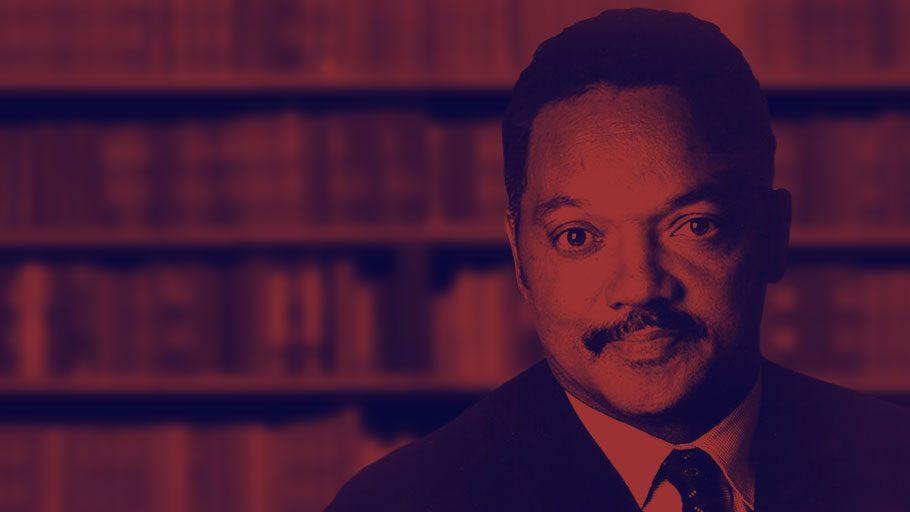African Americans and Latinos have suffered the most in the Great Recession. They were the first to lose jobs, and the last to find new jobs. They struggle with the highest unemployment, the greatest loss of personal wealth, the highest percentage of families losing their homes.
The calamity has led many to call for programs that would target states and communities most in need. Washington has been unresponsive if not downright hostile to this notion, yet Republicans do target when it suits them — particularly with the largely African-American residents of the District of Columbia.
This year, Rep. Trent Franks, an Arizona Republican who knows next to nothing about the District or its people, has insisted that its appropriation include not only a ban on D.C. taxpayers helping poor women pay for abortions, but a ban on any woman using even her own money for an abortion after 20 weeks — with no exceptions for rape or incest. Republicans aren’t opposed to targeting; they are just opposed to helping.
But the economic calamity visited on the African-American and Latino communities cannot be ignored. The Department of Labor reports that African-American unemployment is officially at about twice that of whites. African Americans were more likely to lose jobs in the economic collapse and have been slower to find jobs in the halting recovery. The situation for the young is particularly desperate. High school graduates face the worst job market since the Great Depression. Only 25 percent of African Americans ages 16 to 19 were in the work force in January.
More than one in three African-American children are now in poverty.
Middle-class African Americans were particularly devastated by the collapse of home values. The wealth gap between blacks and whites doubled, with median black net worth falling below $5,000. As the Washington Post reported, the financial damage to African Americans caused by the subprime mortgage crisis is the most severe among all Americans and will be longest-lasting.
A big reason for this is that African Americans, like Latinos, live disproportionately in areas with high unemployment — the ghettos and barrios of our cities. This makes jobs harder to find and harder to get to. In addition, our urban areas are the last to recover. In Chicago, for example, black unemployment increased from more than 17 percent in 2010 to more than 19 percent in 2011, even as the economy was growing.
This economy is not working for most Americans. With hard-hit families tightening their belts, employers won’t hire until they see a lot more customers with cash in their pockets.
Government action is needed. We know what to do. With the construction industry idle and interest rates at record lows, we should use this opportunity to rebuild the country’s decrepit infrastructure. Aid to states and localities would keep teachers and cops on the job.
We should end tax breaks for companies that ship jobs overseas and use that money to benefit small-business startups. And we should target funds to areas of high need — with urban corps and green corps for the young and veterans. We should ensure that everyone who returns home from risking his or her life in distant battlefields starts off with a job.
But in Washington, we get partisan paralysis. Republicans posture for their base with their D.C. antics. They are simply deaf to the people who need action, not antics.















